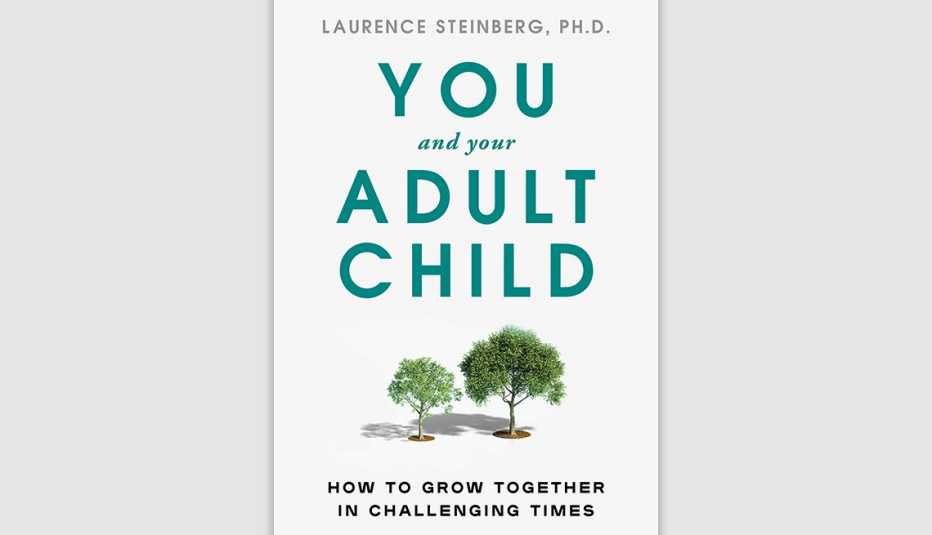AARP Hearing Center
I went to college in that prehistoric era: Before iPhone. If my mother wanted to reach me, she’d have to dial the dorm pay phone — in my memory, forever ringing unanswered at the end of a long, dark hall. How things had changed by the time my own two kids got ready for launching: I was literally in their pockets. Today parents can check out an offspring’s party pics on Instagram or monitor their whereabouts using family tracking apps such as Life360.
Is this weird? The Clay Center for Healthy Young Minds at Massachusetts General Hospital says that 71 percent of parents of college students send at least three texts per day to their child at school. Half say they communicate as much with their kids at college as they did when they were at home. (My family was below the mean, making do with regular “text if you need anything!” reminders, occasional FaceTime sessions and a steady diet of pet photos.) Experts say parents are in the middle of a huge social experiment: Are cellphones a brilliant new tool to provide support to fledgling adults? Or do they just give parents a longer flight path to helicopter indefinitely?
Julie Lythcott-Haims is a former dean of freshmen at Stanford University and the author of Your Turn: How to Be an Adult. She’s noticed a recent cultural trend toward "intensive” parenting that extends into a child’s college years and beyond. Like a dutiful concierge, some parents feel they need to remain available around the clock to solve hassles and meet requests. “It can be hard simply stopping when you get to this next stage of life,” Lythcott-Haims says.
A Communication Gender Gap
Average number of texts between college students and their ...
Fathers: 3 per day
Mothers: 8 per day
Source: “Digital Parenting of Emerging Adults in the 21st Century,” Social Sciences, 2021
That may be reassuring to worried parents, but it’s not necessarily good for the kids. Young adulthood is about establishing independence, says Kayla Reed-Fitzke, an assistant professor of couple and family therapy at the University of Iowa. “It’s an important time for what is called differentiation — the process of finding your own identity as separate from, but still connected to, your family.”
So-called helicopter parenting has been associated with lower levels of self-worth in college-age students. These kids need space to develop the skills to cope with life’s everyday challenges, says Lythcott-Haims. “That’s how they get confidence and a sense that we trust them.”









































































